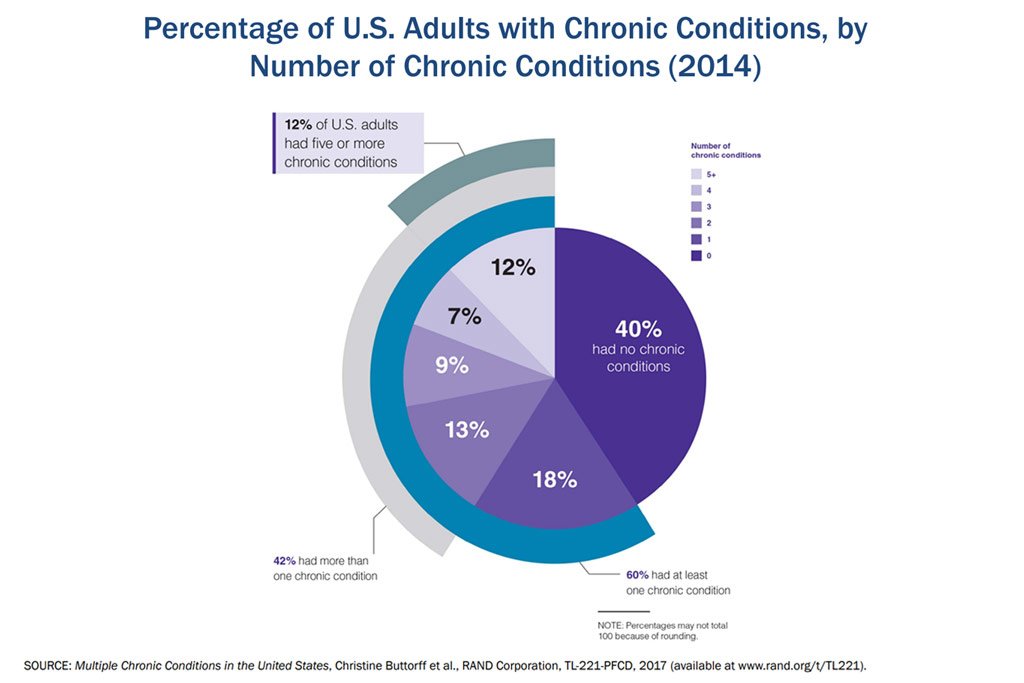Researchers from the University of Birmingham and the University of Amsterdam have discovered an interesting link between inflammation and mental ‘sluggishness.’ This symptom of cognitive impairment is often reported by those suffering from chronic health conditions.
This research stands to help better understand the role of inflammation in the progression of health conditions characterized by cognitive impairment. Such conditions may eventually include Alzheimer’s, Parkinson’s, and Multiple Sclerosis. This research was focused on the decline of cognitive performance in response to acute cases of inflammation.
Table of Contents
Growing Problem
Inflammation is the biological response to an illness that causes swelling and often the immunological reaction. This helps our bodies fight off acute infections such as the flu or other pathogenic invaders such as E.Coli.
One common symptom reported by many suffering with chronic illness is “brain fog” (R)(R). This term describes an experience of overall cognitive decline which can present with different clinical characteristics depending on the individual. It’s common among cases of ME/CFS, Candida Overgrowth, and negative food reactions.

Research published by the RAND Corporation reports that 60% of United States’ adults have one or more chronic health conditions. The data also highlights that 42% have more than one, and 12% have five or more chronic health conditions (R). Insights from this new research are important due to the close relationship between inflammation and chronic disease (R).
New Research

This new research involved participants receiving either a placebo or inflammation-inducing vaccination. Four hours following treatment, they were given a series of cognitive tests to measure executive brain function.
Their performance was measured by Alpha-wave responses to different stimuli and total inflammation was measured by serum Interleukin-6 (IL-6) concentrations.
Dr. Ali Mazaheri of the Birmingham University’s Centre for Human Brain Health, a senior author of the study, noted this about the link between inflammation and brain performance:
“Scientists have long suspected a link between inflammation and cognition, but it is very difficult to be clear about the cause and effect. For example, people living with a medical condition or being very overweight might complain of cognitive impairment, but it’s hard to tell if that’s due to the inflammation associated with these conditions or if there are other reasons.”
Connecting the Dots
The connection between inflammation and brain function has been tied to a spectrum of conditions including many major mental-affective disorders such as anxiety and major depression (R).
This new research has identified a critical process in the brain that was demonstrated to be “clearly affected” in response to inflammation. Participants in this study demonstrated that the processes of the brain associated with “staying alert” were the most affected.
This issue is often reported in cases where patients describe their symptoms as “brain fog” (R). Professor Jane Raymond, another senior author of the paper, had this to say:
“This research finding is a major step forward in understanding the links between physical, cognitive, and mental health and tells us that even the mildest of illnesses may reduce alertness.”
Dr. Mazaheri summarized the results of the new research and their future diagnostic implications as such:
“These results show quite clearly that there’s a very specific part of the brain network that’s affected by inflammation,” says Dr Mazaheri. “This could explain ‘brain fog’.”
Looking to the Future
This research, published in the journal NeuroImage 202 (2019) 116098, concluded with the following remarks:
“In sum, the present study showed, for the first time, that transient low-grade inflammation triggers enhanced cognitive efforts to reinstate performance in attention. Future studies may explore the potential of neurophysiological outcomes as a marker for early detection of inflammation-associated cognitive changes.”
Additional Information
The study was carried out in collaboration with Queen Mary University of London, Cancer Research UK Beatson Institute in Glasgow, the University of Glasgow, and the Università degli Studi di Milano in Italy.
Financial Support
The research was supported by funding from Versus Arthritis, British Heart Foundation, Queen Mary Innovation Ltd, Cancer Research UK, the Institut Pasteur Foundation Cenci-Bolognetti, the Medical Research Council, CARIPLO Foundation, and the Nuffield Foundation.
The Study
Leonie JT. Balter et al. Selective effects of acute low-grade inflammation on human visual attention, NeuroImage (2019). DOI: 10.1016/j.neuroimage.2019.116098


